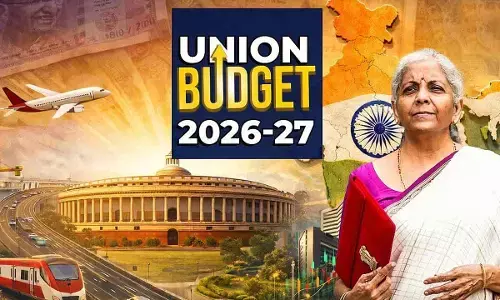Virtues of reward & penalty approach

What, to use another cliché, is commonly known as the ‘carrot and stick’ policy,originally a method by which a jockey made a donkey run,as desired,in a race.
While the expression, "spare the rod and spoil the child," may certainly be an old, and worn out, cliché, it does, still, carry with it a certain amount of good sense, at least when not taken quite literally. Even today, there exists a fairly strong school of thought, that maintains that children will not learn what is right, unless they are punished for doing something wrong. Or, do well either academically, or otherwise, unless offered a reward.
This view is put forth by what is known as the 'behaviourism theory.' It is also an approach that finds favour in most organisations both in the public, and the private, domains. Employees are offered incentives for attaining set goals, and failure carries with it an element of penalty. What, to use another cliché, is commonly known as the 'carrot and stick' policy,originally a method by which a jockey made a donkey run,as desired,in a race. What is sought to be achieved, in short, is the rewarding of success and punishment of failure.
So far as children in schools are concerned, rewards may be in the form of cookies or sweets, less homework, etc.; while even a pleasant smile, a nod of approval or a pat on the back, may be enough for those who do not expect too much.
The 'incentive' theory suggests that people, whether employees or students, are attracted towards deeds that carry incentives, and tend to stay away from actions that may lead to undesirable consequences. These theories apply to animals, too, particularly those endowed with the ability to respond quickly, and positively, to signals. I remember training my pet dogs through a set of gentle gestures that conveyed encouragement, or otherwise, and, over time, led the dog to understand the meaning of commands and acting accordingly. The rewards comprised modest offerings such as a piece of a biscuit or a rusk, while the so-called punishment extended, at worst, to a jerk of the leash, or a little slap on the haunches.
Needless to say, both the theories referred to remain precisely that, namely theories. The jury is still out about their true efficacy, despite the fact that, in day to day life, they appear to work quite effectively.
The concept of punishing sins, and rewarding virtue, has also been recognised, and dealt with, in many religious scriptures. The Holy Quran, for instance, describes 'burning in a blaze' as a consequence for taking away property from orphans. Srimad Bhagwat Gita also recognises punishment, just and proper, as an effective tool for reforming sinners. It also commends a righteous approach to victory in war, an approach that will wins one a place in heaven. Righteous people, says the Holy Bible, are rewarded by God with prosperity and well-being, while the wicked face destruction. In other words, the concept, that what goes around must come round is an underlying principle in most religions.
Reward for virtue, and punishment for sin, are regarded as inevitable, if not during one's life time, than in the hereafter. It must be noted, in this context, that other religions, such as Jainism and Buddhism, for instance, have dispensations that are much more gentle, and rely mostly on the virtues of open – mindedness and self-discovery. The important point is that, across all religions, divine approval is expected to encourage prosocialbehaviour. As is the fear of the adverse repercussions, of having otherwise. The reward and penalty approach is also a useful instrument in public administration. NitiAayog in India, for instance, and many other government of India ministries, often build in elements of incentives and disincentives into their programmes, so that good performance, or otherwise, by the states, in achieving the objectives of the programme, are recognised and duly dealt with. A similar approach is often adopted by state governments, both towards their employees, as well as members of the public who are the beneficiaries or targets of their programs. It will be recalled that, during the period when family welfare was given the highest priority at the national level, a similar approach was followed towards families which observed the two child norm. The carrot and stick policy is also a favoured part of the marketing strategy for many products. But the rewards offered are more in the nature of inducements rather than incentives.
The slogan "buy two and get one fee," is an example of such an approach. Some strategies go to the extent of even offering holiday trips to much favoured destinations to customers who are lucky enough to qualify in a lucky dip like event.
The arrangement relating to carbon sequestration, through the enabling of trading in carbon credits (traded in NCDEX – The National Commodities and Derivatives Exchange – in India) in the context of containing emissions of chlorofluorocarbons and greenhouse gases into the atmosphere by countries, also has a built-in element of penalty and incentive. This system was first put in place by the Kyoto Protocol, organised by the Intergovernmental Panel on Climate Change.Countries, which prevent carbon from entering the atmosphere, are rewarded through their earning of carbon credits, which can be traded in what is known as the 'cap-and-trade' arrangement, in the international market. Any government, or regulatory body, willing to limit carbon emissions, can issue carbon credits.
So, from training dogs to making your child do homework or not bully other children to saving humanity, there is nothing the reward and punishment system will not achieve!.
(The writer is former Chief Secretary, Government of Andhra Pradesh)
(The opinions expressed in this column are that of the writer. The facts and opinions expressed here do not reflect the views of The Hans India)















